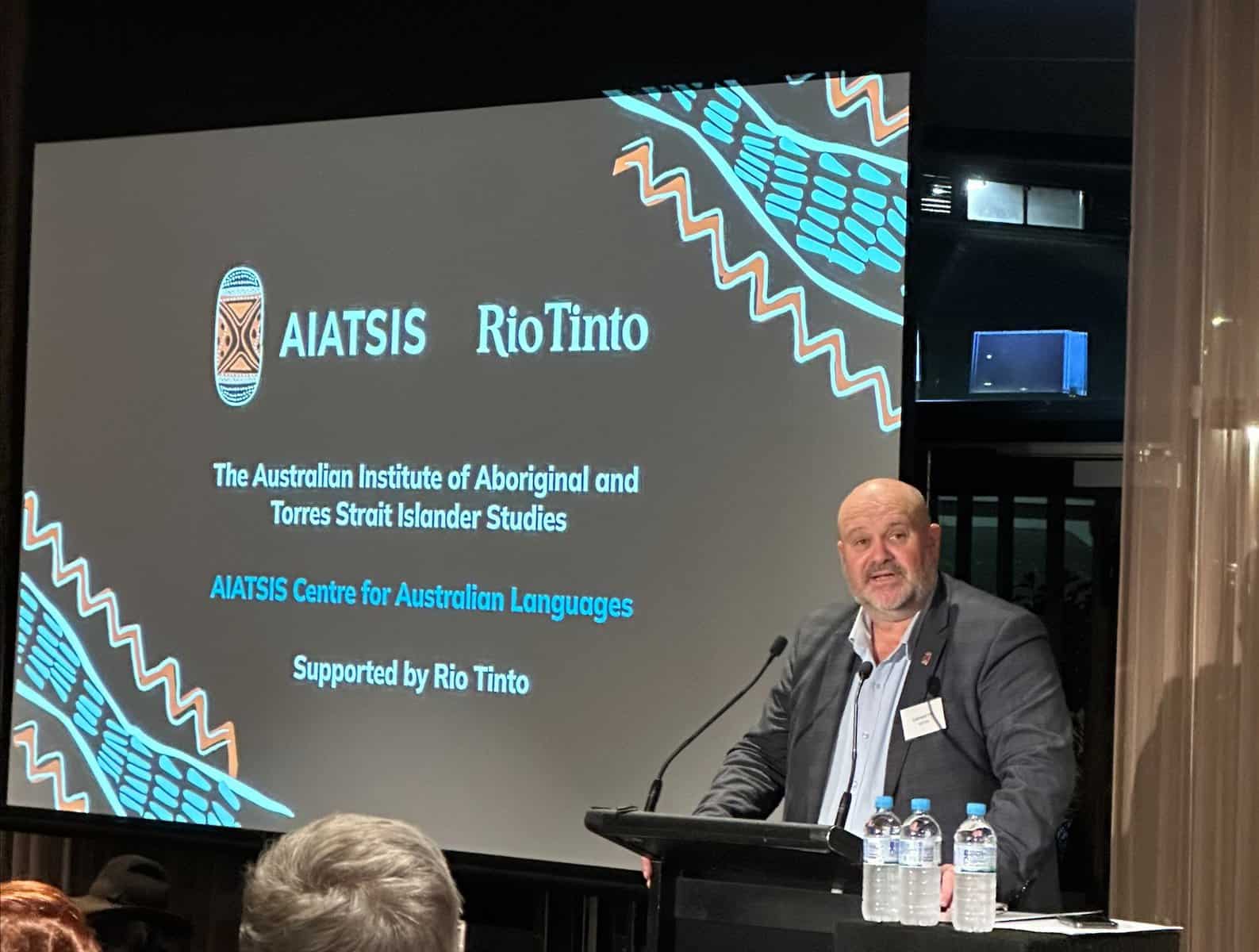Rio Tinto supports Indigenous languages preservation

The Australian Institute of Aboriginal and Torres Strait Islander Studies (AIATSIS) has launched AIATSIS Centre for Australian Languages and the ‘Our Languages Keep Us Strong’ program with support from Rio Tinto (ASX: RIO).
Rio Tinto committed $10m in 2022 for their establishment and implementation to protect and preserve Indigenous Australian cultures and knowledge.
Rio Tinto Australia chief executive Kellie Parker says the launch is a significant milestone in the ongoing effort to preserve and celebrate the linguistic diversity of Australia’s First Peoples.
“AIATSIS plays a vital role in preserving Aboriginal and Torres Strait Islander knowledge and cultures, ensuring their recognition, respect and celebration,” she said.
“Through community-driven initiatives, AIATSIS, is paving the way for a future where Indigenous languages continue to thrive, ensuring that the rich tapestry of Indigenous culture endures for future generations.
“Rio Tinto’s support for this and other initiatives is part of our ‘Living Languages Living Cultures program’ which invests in preserving, reviving, and celebrating Indigenous cultures in Australia.”
The program has made significant progress towards its key objectives of supporting Aboriginal and Torres Strait Islander communities to strengthen their languages locally and increase national and international understanding of the value of Australia’s first languages.
AIATSIS Interim chief executive officer Leonard Hill says language is critical in preserving cultural identity.
“AIATSIS is dedicated to community-led language revitalisation efforts, and I firmly believe that our key objectives, including consistent baseline documentation, community-based revitalisation, support for teaching and learning, evidence-based monitoring, and fostering collaboration among language communities, can pave the way for Indigenous cultures to thrive,” he said.






















